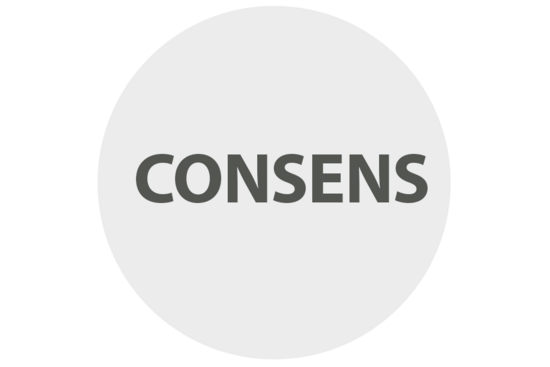
CONSENS
Projektname
Recommendations for improving reporting of CONtextual analySis in implEmeNtation Science
Projektleitung
Juliane Mielke
INS-Projektteam
Sabina De Geest
Joy Meli
Suzanne Dhaini
Externe Projektpartner
Lauren Clack, Matthew Freeman, Raphaëlle-Ashley Guerbaai, Grace Mhalu, Lisa Pfadenhauer, Hilary Pinnock, Shari Rogal, Marie Schneider, Sarah Serhal, Alexandra Ziemann, Leah L. Zullig
Ort der Datenerhebung
International
Laufzeit
2024 bis 2026
Description
Background
Implementation science supports a successful translation of evidence in real world practice and by that improves health care quality and effectiveness. Contextual analysis is an important part of the implementation science methodology and pivotal in informing subsequent phases of implementation science projects, such as intervention development / adaption, choice of contextually adapted implementation strategies and interpretation of outcomes. Contextual analysis entails the mapping of relevant contextual and setting factors to understand practice patterns and context in which an intervention will be delivered. The Basel Approach for coNtextual ANAlysis (BANANA) provides methodological guidance on how to conduct a contextual analysis. It entails the six components of which reporting contextual analysis is one. However, existing reporting guidelines lack specificity regarding how contextual analysis should be reported. This deficiency leads to variations and gaps in reporting that turn contextual analysis into a “black box” and diminish its contribution over the course of implementation science projects.
Aim
In order to strengthen the reporting of contextual analysis, this project aims to build consensus on a list of items relevant to the reporting of contextual analysis in implementation science that can complement existing implementation science reporting guidelines.
Methods
This study will employ a modified E-Delphi design to build consensus on a list of items relevant to contextual analysis reporting. Over two to three rounds, international experts will rate the relevance and clarity of items. In addition, experts can either suggest modifications to the initial items or propose new items to be added to subsequent rounds.
CONSENS core group: A core group consisting of CONSENS project leads and 12 international implementation scientists was be built. Their responsibilities include developing an initial item list, planning and conducting a pilot-test of the item list, defining in-/exclusion criteria and selecting experts for Delphi survey, as well as holding regular meetings between and after Delphi rounds to discuss and interpret survey results, and finding consensus regarding adaptations and the final item list.
Expert group: We will purposively select implementation science experts across all continents representing diverse fields (e.g., public health, primary care, medicine, health education science, psychology) and positions (researchers, implementation science practitioners, journal editors, funders) in implementation science.
Expected benefit
This study aims to offer consensus-based recommendations for reporting contextual analysis in implementation science projects. By systematically reporting theoretical foundations, methodological approaches, and findings, researchers can avoid “blind spots” in contextual analysis reporting and enhance the quality and success of their implementation efforts. Utilizing these recommendations can complement existing implementation science reporting guidelines (e.g., Standards for Reporting implementation Studies (StaRI)), providing researchers with a valuable tool to improve the transparency and effectiveness of their work.
The project is endorsed by the Swiss Implementation Science Network (IMPACT) https://impact-dph.unibas.ch/
